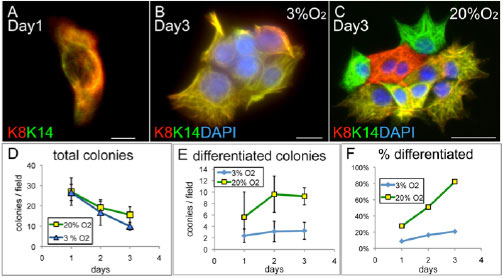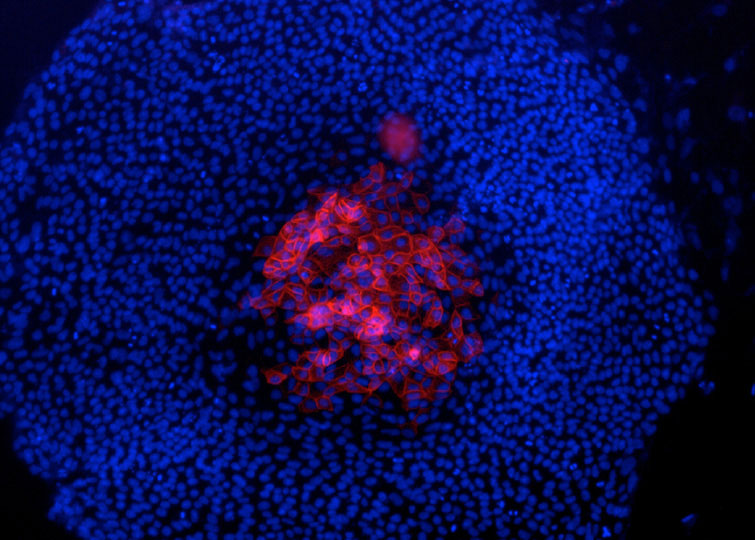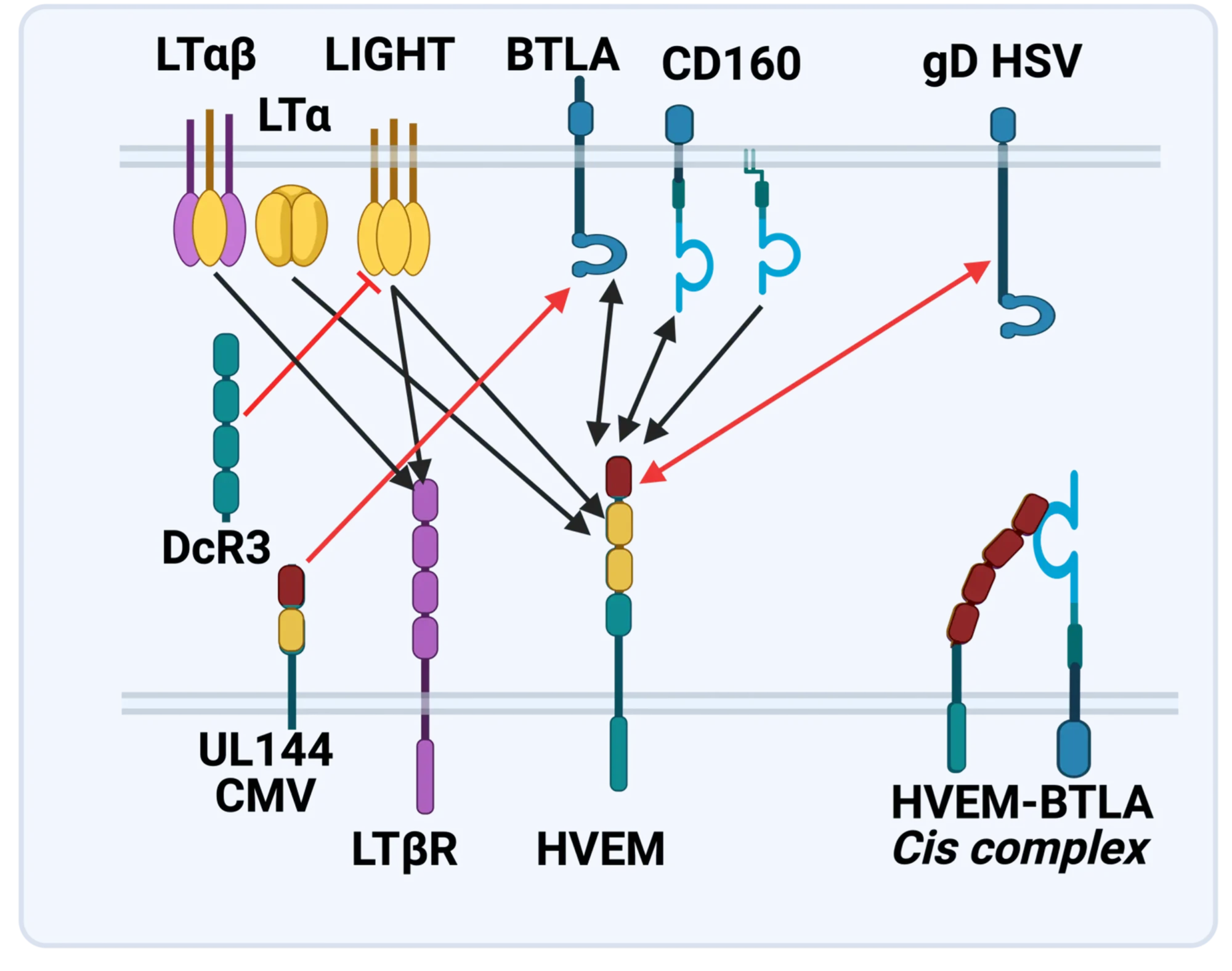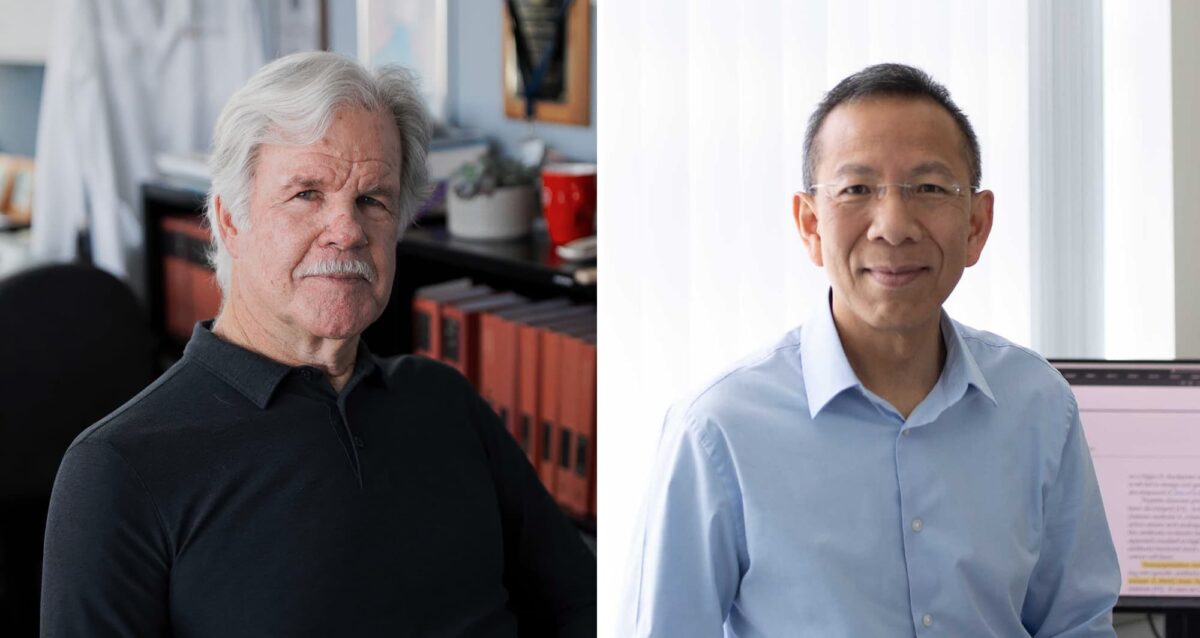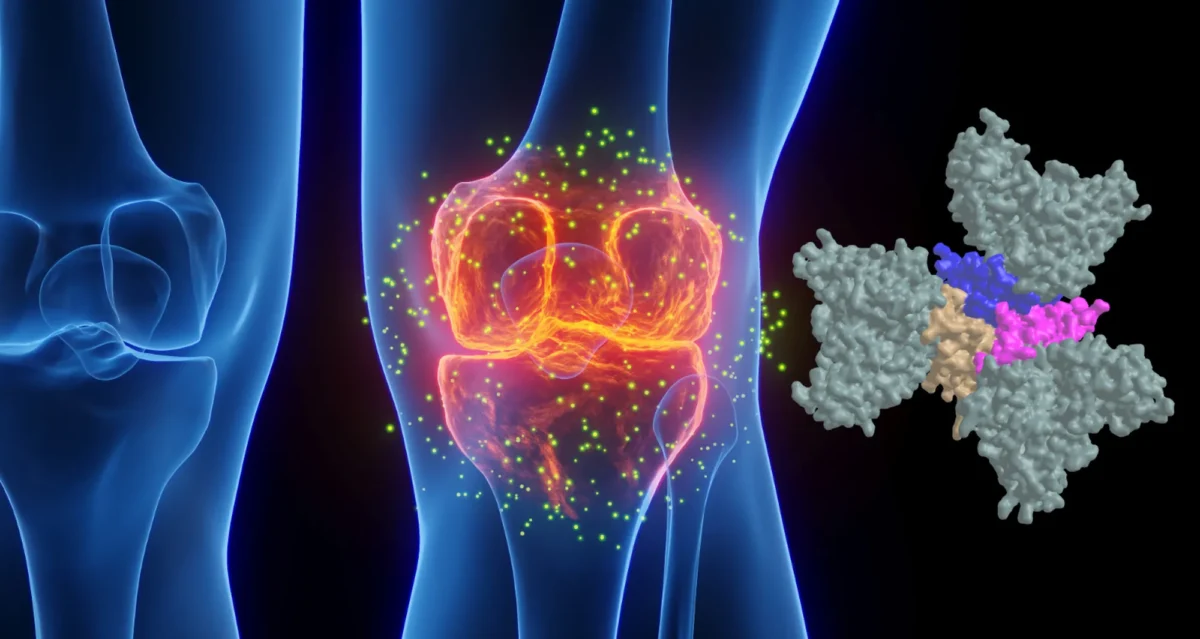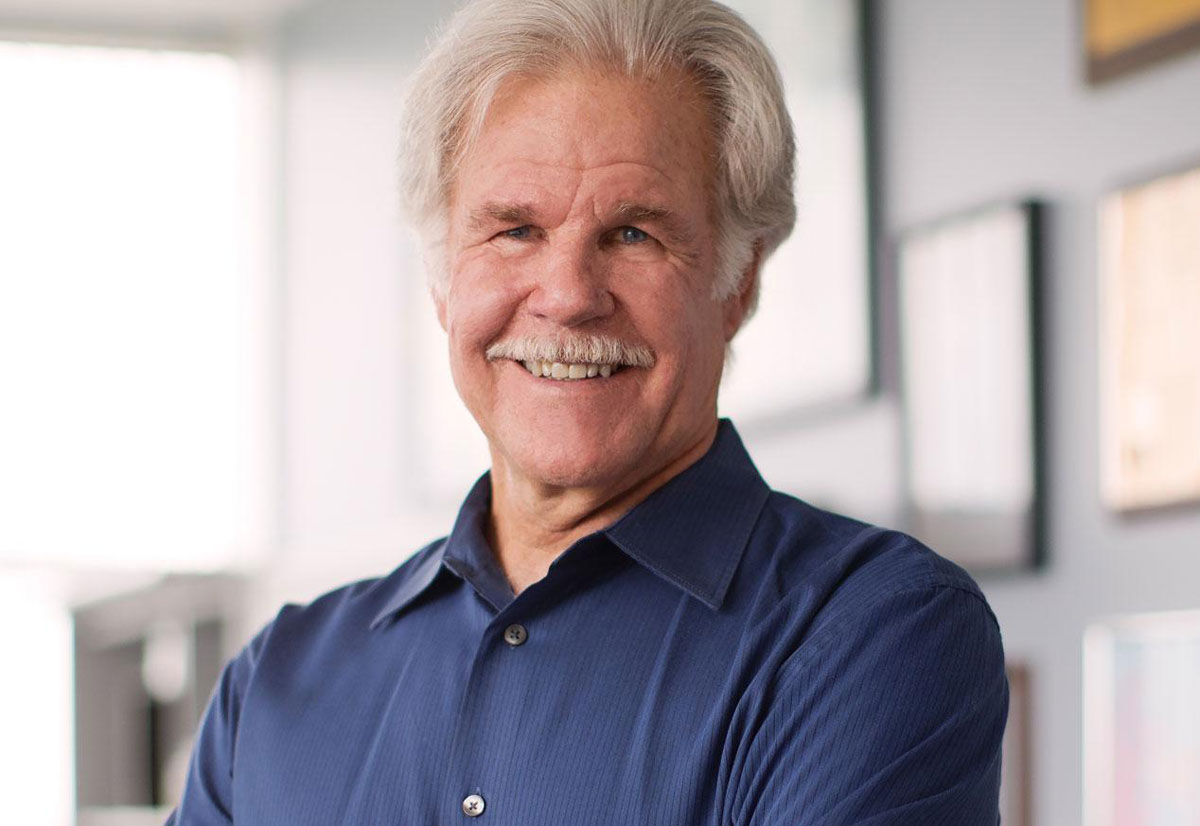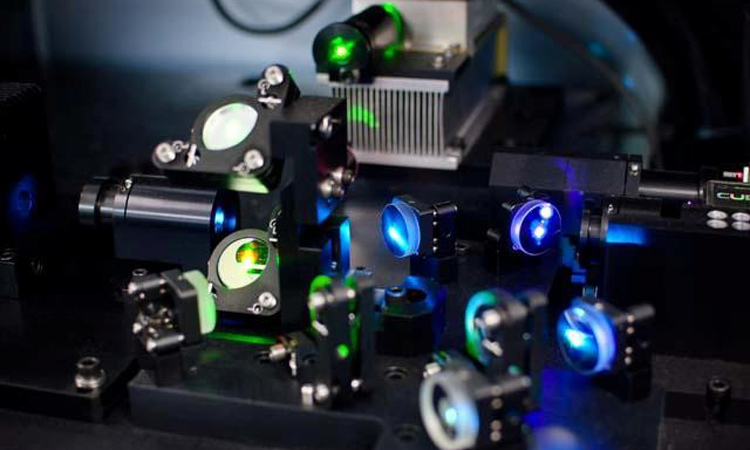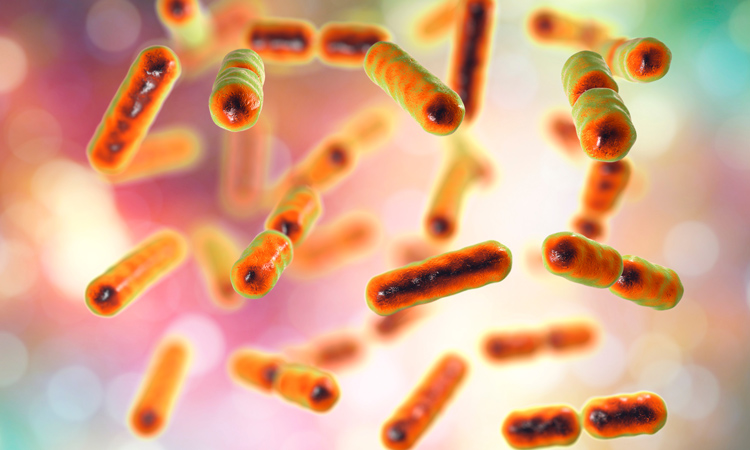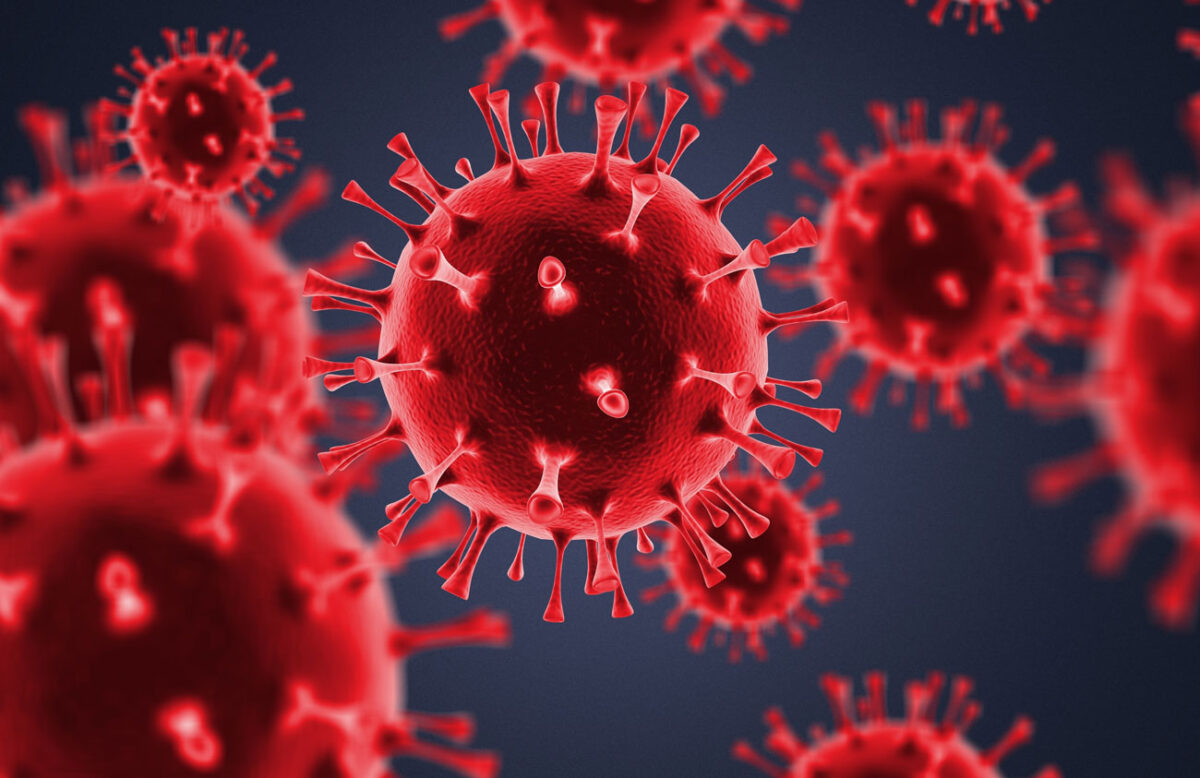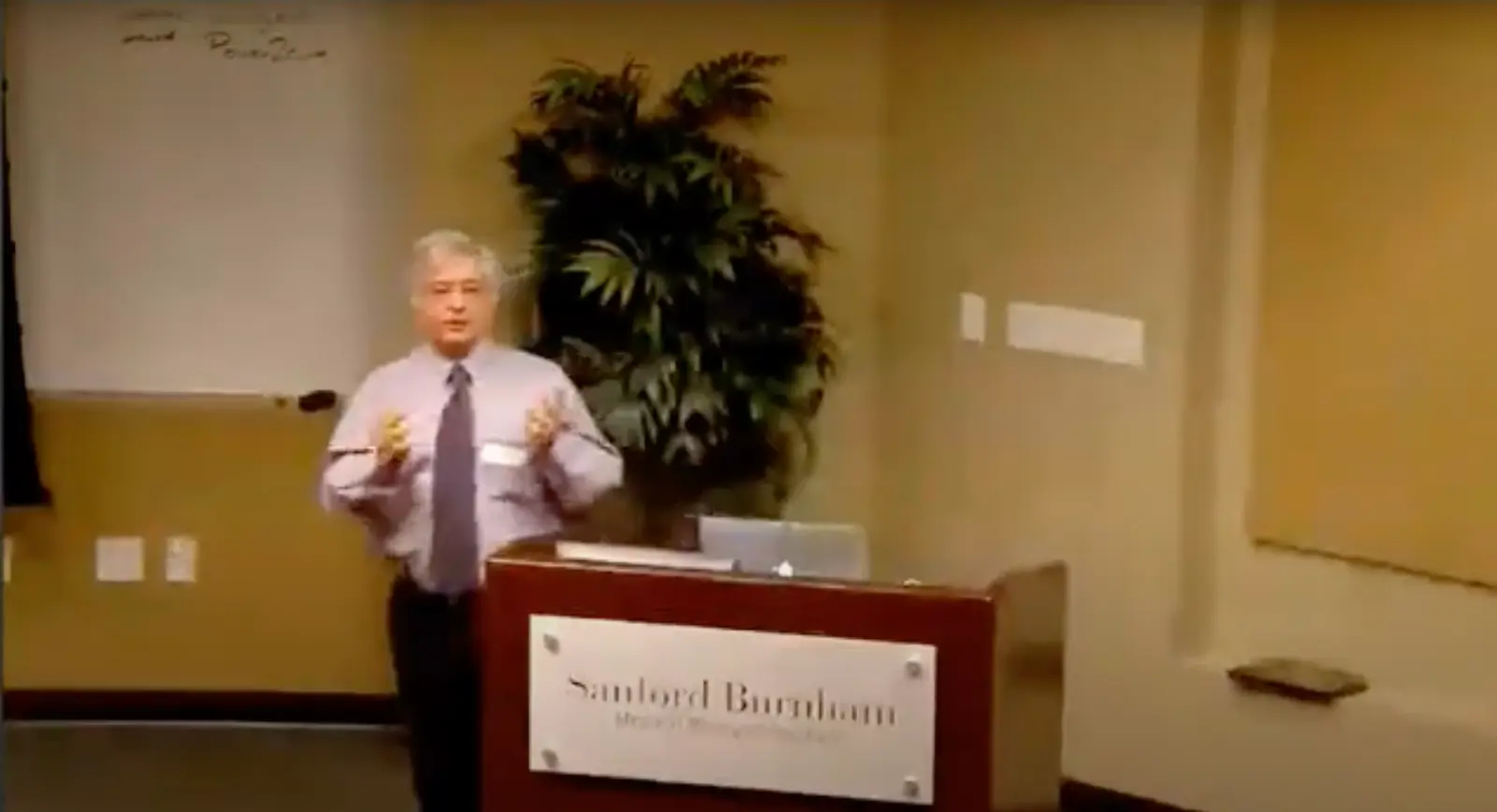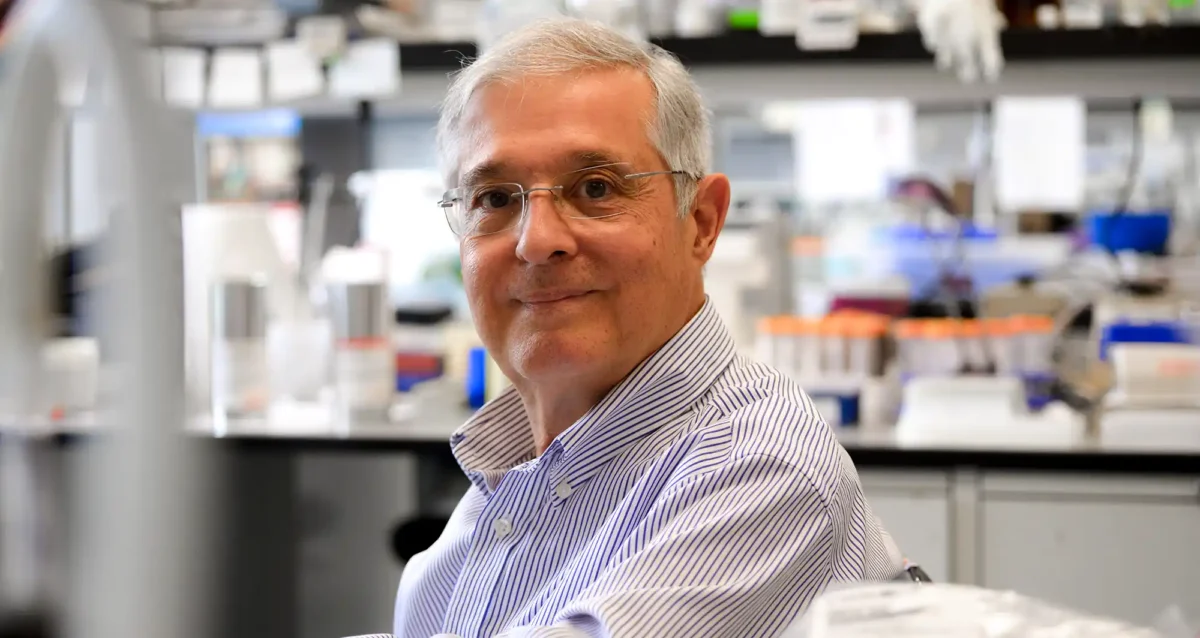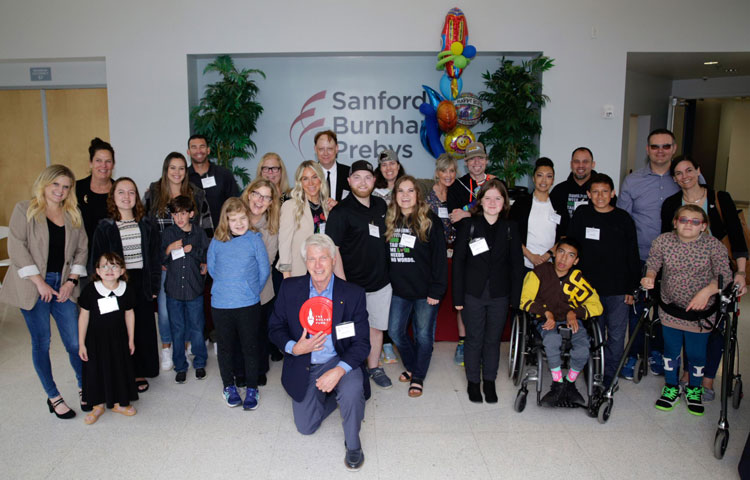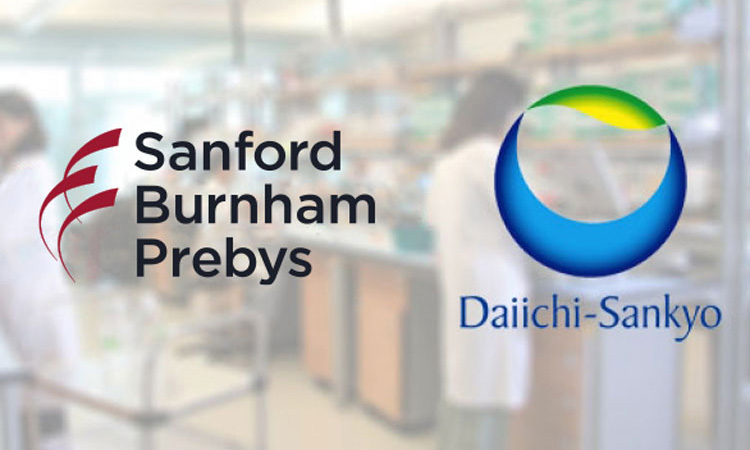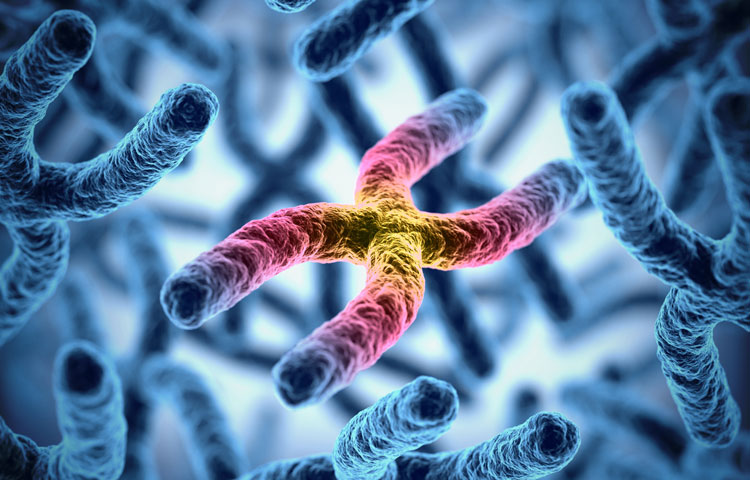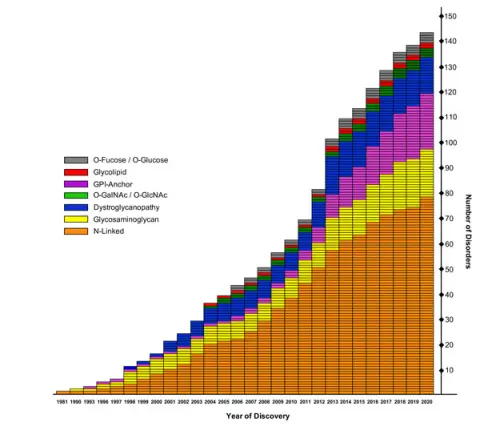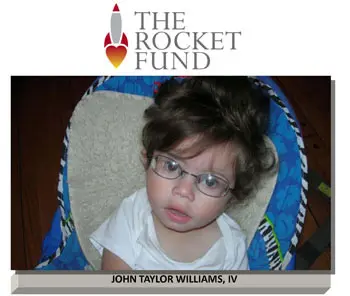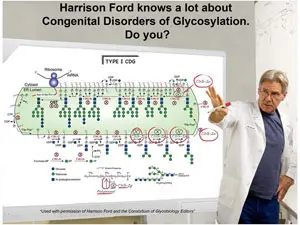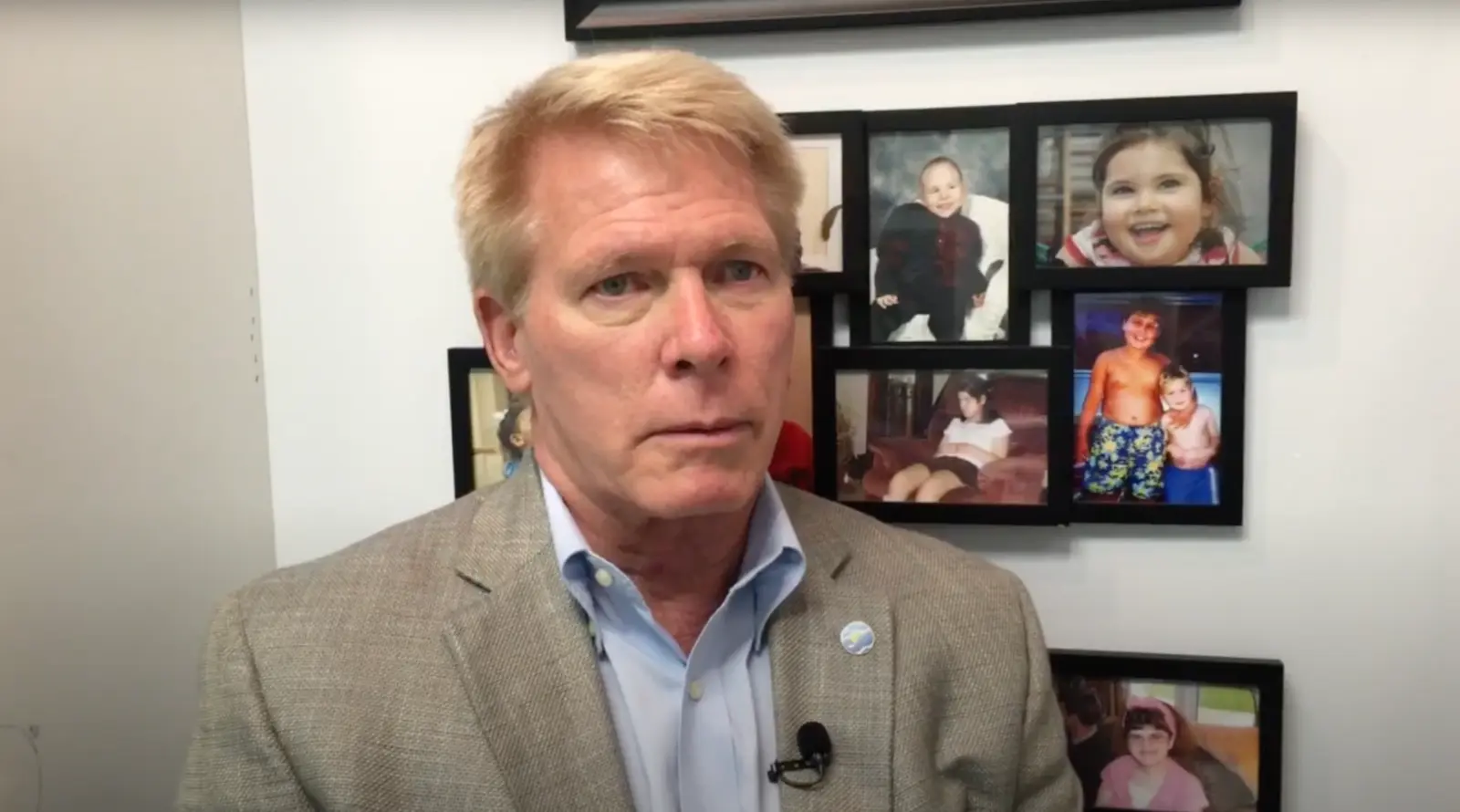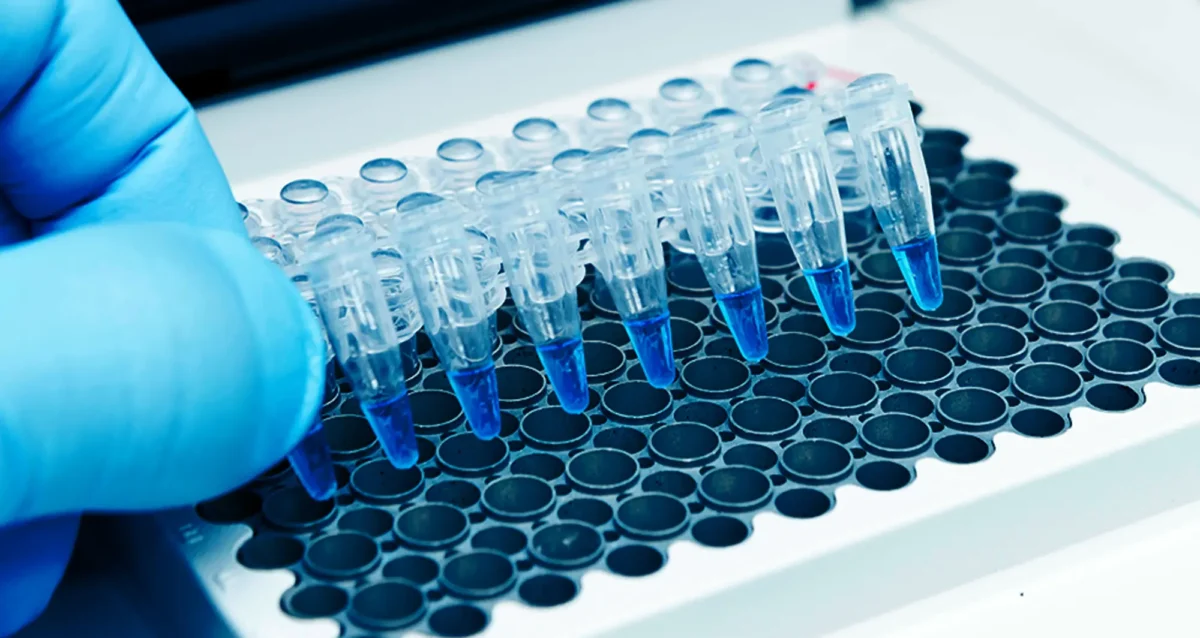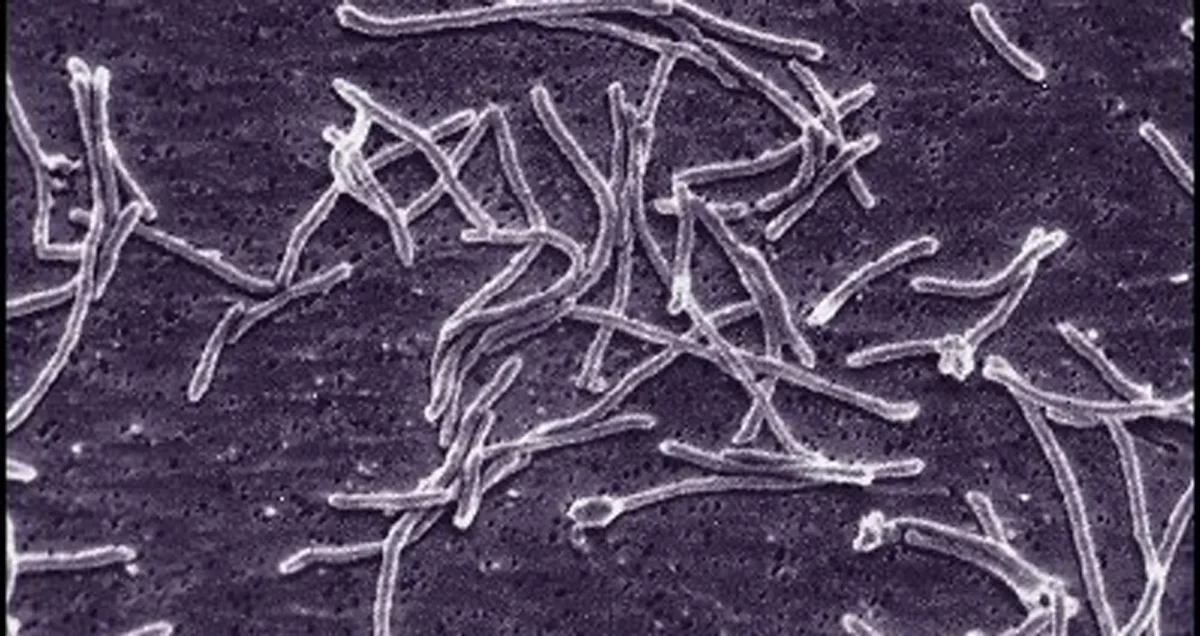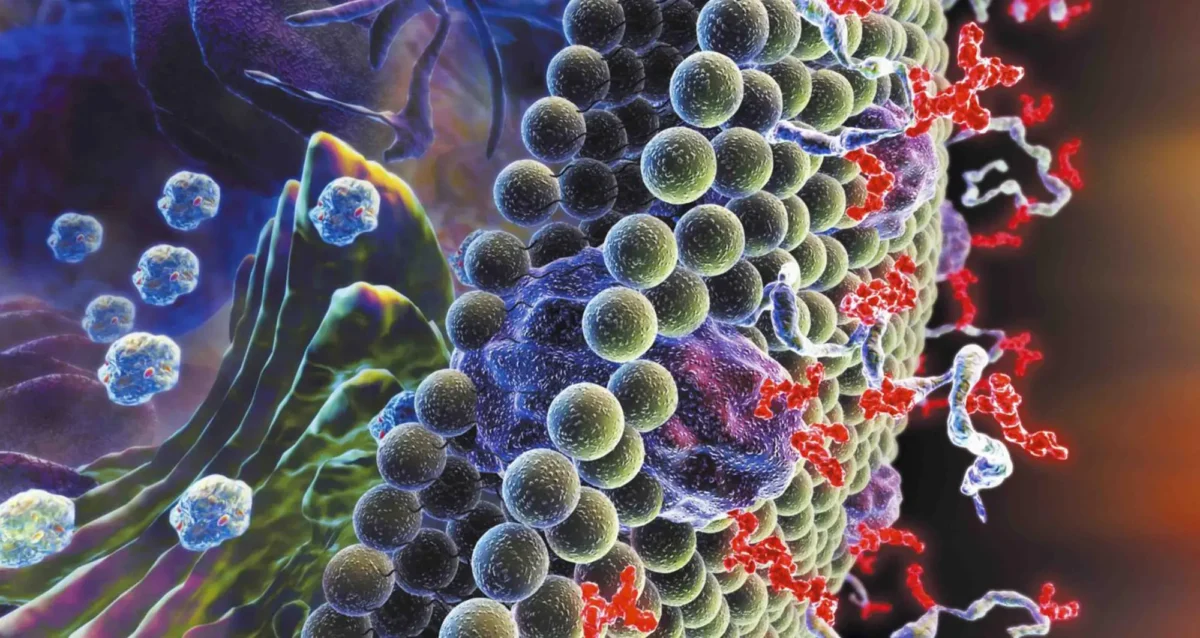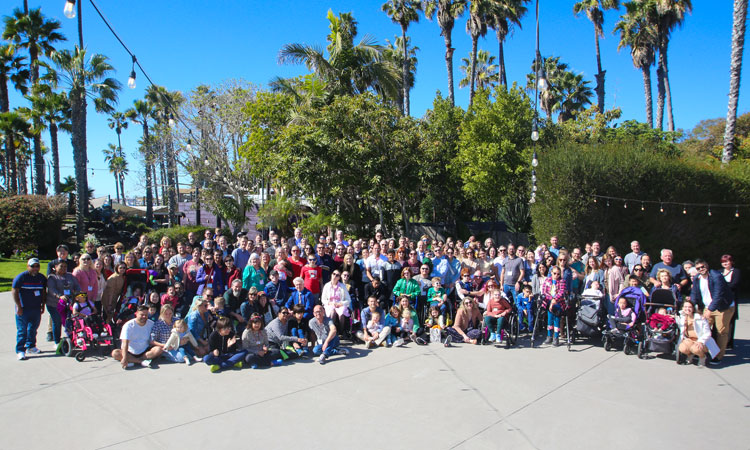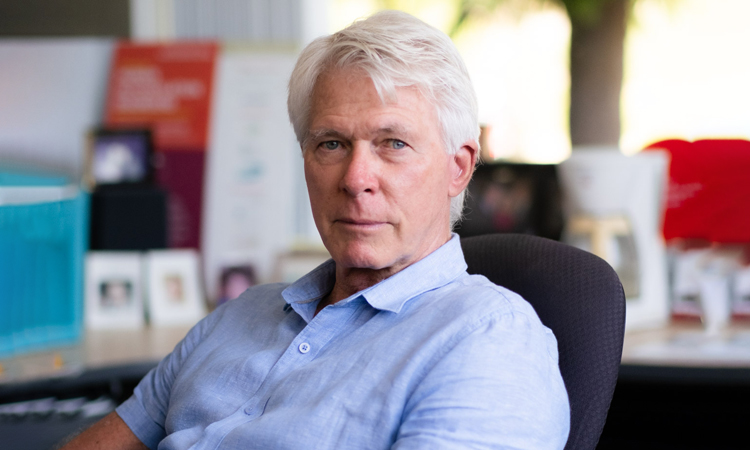Robert Oshima graduated from the University of California Santa Barbara in Cellular Biology. He earned his PhD from the University of California at San Diego in 1973 with Paul Price. He joined Dr. Jerry Schneider’s laboratory in the UCSD Medical School to work on the biochemistry of cystinosis, a genetic lysosomal storage disease. During that time, he contributed to the development of a treatment that extends the life of patients greatly.
He acquired expertise in developmental biology and stem cells in the laboratories of Drs. Boris Ephrussi and Mary Weiss at the Centre National Recherche Scientifique, Gif-sur-Yvette, France in 1975. He continued those studies upon returning to UCSD and then moved to MIT in 1979 where he purified two markers of mouse stem cell differentiation that are widely used in the cancer pathology and developmental studies.
He joined the Sanford Burnham Prebys (formerly known as the La Jolla Cancer Research Foundation) in 1982 where he acted as Associate Scientific Director, a Program Director in the NCI designated Cancer Center, Postdoctoral Training Program Director, started the Tumor Analysis Shared Service and directed research on stem cells and cancer that resulted in over 100 publications. He also served as a reviewer for multiple cancer research granting agencies and taught at UC San Diego as an Adjunct Professor of Pathology from 1997.
He is currently Professor Emeritus (2015) and continues to advise and consult in cancer research. His particular cancer research interest is in methods of directing premalignant cancer cells to adopt a normal benign cell fate instead of becoming invasive malignant cancer.
